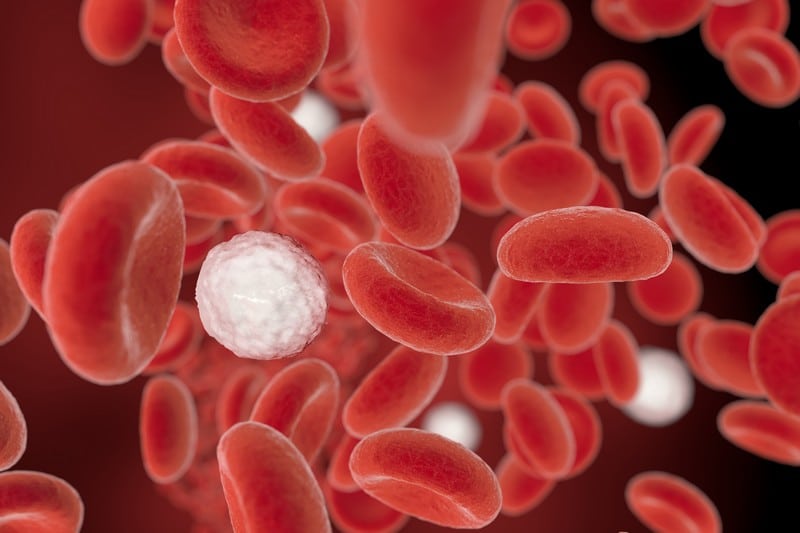Anemia

C-shaped red blood cells cause sickle cell anemia, which makes it more difficult for these cells to go through the body’s blood arteries. This type of anemia is linked to multiple oral health problems, such as yellowing of tissues in the mouth, abnormal mineralization of enamel, and risk of mouth sores. An increased risk of periodontitis at a younger age has been linked to sickle cell anemia. Since anemia may not pose any symptoms, it is often found upon diagnosis of periodontal disease, which is also known as gum disease. These inflammations often lead to mouth ulcers and gingivitis.
Folate, Vitamins B12, or vitamin C deficiency may also lead to anemia, wherein patients often report symptoms of mouth sores. On the other hand, sixty-six percent of those with mouth ulcers were also found to have low ferritin levels, the protein that stores iron in the body. Low ferritin levels may signify iron deficiency anemia, where the tissues in the body do not receive enough oxygen from the blood. Because of insufficient iron, the soft oral tissues become more prone to inflammation and infection. Another symptom of iron deficiency anemia is the mouth’s side cracks that are painful, red, and flaky.










